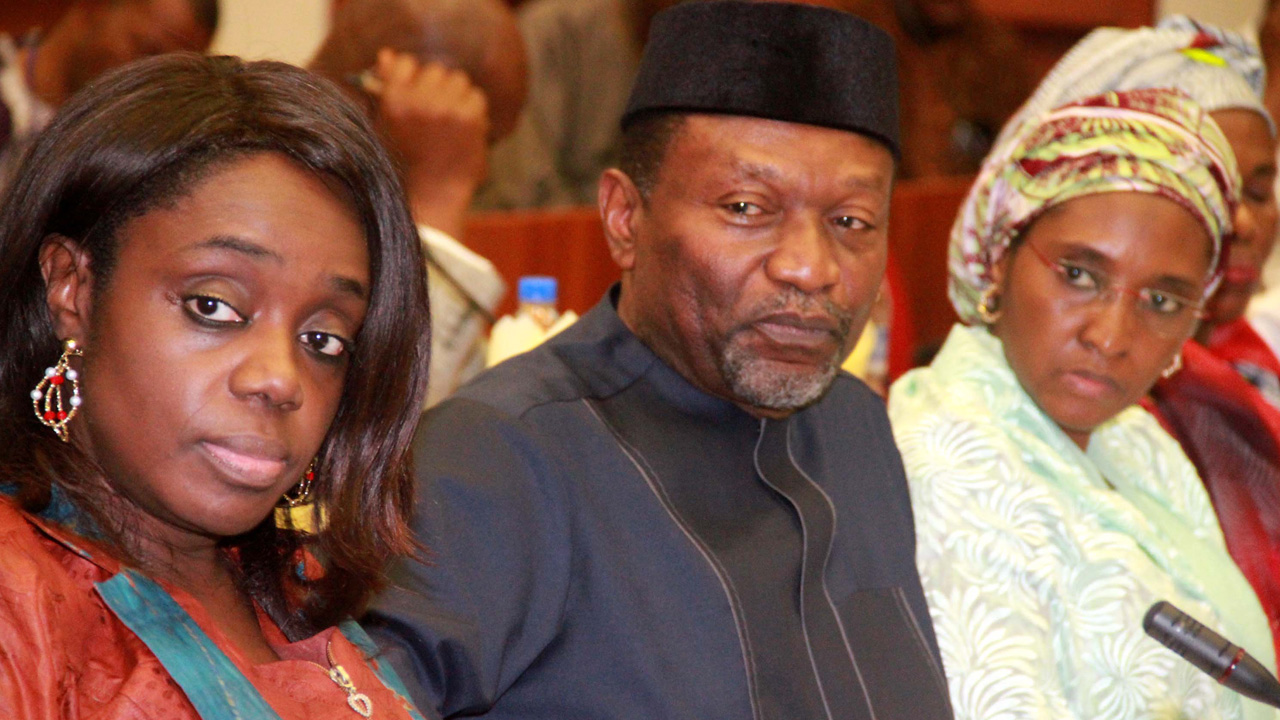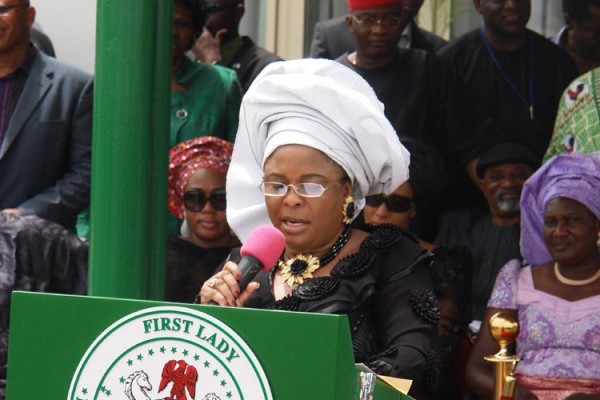Udo Udoma, minister of budget and national planning, says the federal government does not intend to sell off all major national assets in order to pull the country out of recession.
Speaking on Saturday ahead of the forthcoming Nigerian Economic Summit, Udoma said the government’s main strategy is to source immediate funds to reflate the economy and implement capital projects in the 2016 budget.
He expressed the determination of the government to inject funds into the system to revitalise the economy and painstakingly implement aspects of the capital budget aimed at reflating the economy and aiding the diversification process.
“The country has lost almost half its expected revenue and will need to urgently source the shortfall to enable the government faithfully implement the budget,” he said.
Advertisement
“This unfortunate scenario prompted the Economic Management Team to urgently work out a fiscal stimulus plan to generate immediate large injection of funds into the economy through asset sales, advance payment for license rounds, infrastructure concessioning, use of recovered funds, among others, to reduce the funding gap.
“The other option would have been to source additional loans, beyond the level of borrowing already projected for in the 2016 budget. But this would not be a wise option as it would raise the level of debt service to an unsustainable level.”
Udoma explained that the government was exploring several angles in the asset sales proposal, including repurchase options, which would make provision for buy-back of those assets when the situation improves.
Advertisement
He maintained that the country’s economy would not have gone into recession were it not for the drastic fall in oil production levels due to disruptions caused by militant activities.
“At worst, it would have been a flat performance that would have signposted a new curve in the economy trajectory that would subsequently put it on the path to recovery and sustainable growth,” he said.
“Government appreciates that the down-turn in the economy has brought hardship to the people, but we are committed to redressing the situation.
“Our goal is to unlock the economic potentials of the non-oil and high-employment sectors, so as to achieve a sustainable inclusive growth that will ensure that the majority of Nigerians become more productive, thereby reducing poverty.
Advertisement
“Thus, we are deliberately working towards diversifying the Nigerian economy by ensuring that the non-oil sector drives the economy because this is the sector that contributes the most to GDP, and has more capacity to employ.”
The basic strategy, he added, is to reflate the economy through fiscal stimulus and strategic implementation of annual budgets.
“What this means is that we are geared to strategically spend our way out of recession. Unfortunately, we have not met all our planned expenditures for 2016 due to low revenue outturns.
“However, we have ensured that the resources that we release are targeted at priorities that will stimulate activities in the economy. We are also developing a more robust monitoring and evaluation framework to track performance.”
Advertisement
Discussions about sale of national assets to move out of recession gained traction during the week, after the likes of Bukola Saraki, president of the senate, Aliko Dangote, business mogul; Godwin Emefiele, governor of Central Bank of Nigeria (CBN); and Sanusi Lamido Sanusi, emir of Kano and former CBN governor; and state governors supported it.
However, Ike Ekweremadu, deputy senate president; and George Akume, an All Progressives Congress (APC) senator form Benue state, are some of the prominent political figures opposed to the assets sale theory.
Advertisement
Add a comment





